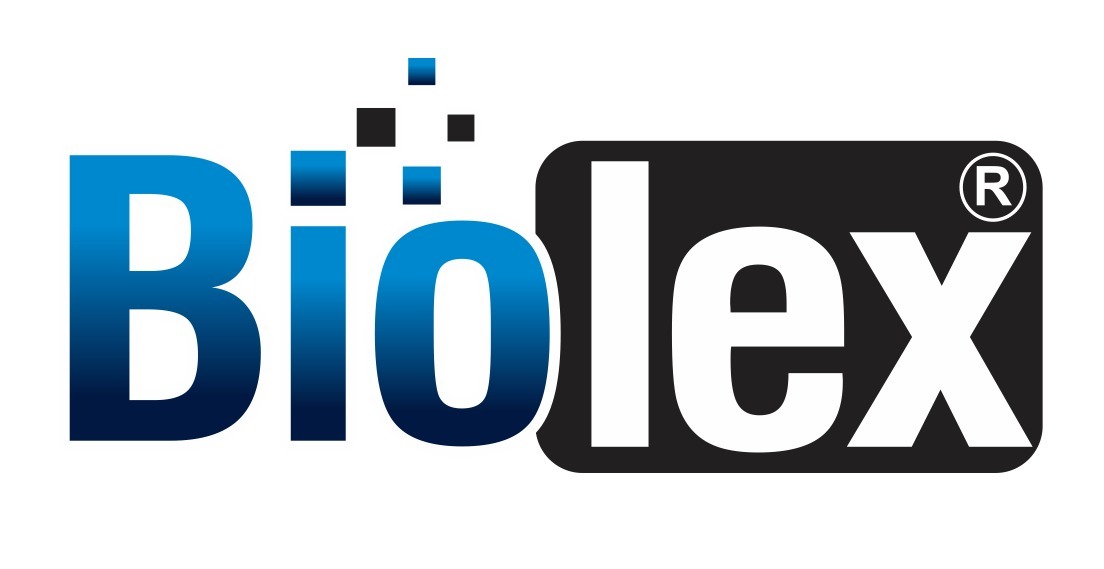Water is essential for life, yet many of us don’t drink enough. Proper hydration is crucial for countless bodily functions, from regulating temperature and transporting nutrients to flushing out toxins and supporting cognitive function. This blog post explores the importance of hydration and provides practical tips to ensure you’re drinking enough water throughout the day.
Why Hydration Matters:
Bodily Functions: Water makes up about 60% of your body weight and is involved in nearly every bodily process. It’s essential for:
Temperature Regulation: Water helps cool your body through sweating.
Nutrient Transport: Water carries nutrients to cells throughout your body.
Waste Removal: Water helps flush out waste products through urine and stool.
Joint Lubrication: Water lubricates your joints, reducing friction and supporting mobility.
Cognitive Function: Dehydration can impair concentration, memory, and mood.
Performance and Energy Levels: Even mild dehydration can lead to fatigue, decreased athletic performance, and reduced mental clarity.
Long-Term Health: Chronic dehydration can increase your risk of kidney stones, constipation, and other health problems.
How Much Water Do You Need?
The “eight glasses a day” rule is a good starting point, but individual water needs vary based on factors like:
Activity Level: People who are more active need more water to replace fluids lost through sweat.
Climate: Hot and humid weather increases fluid loss.
Overall Health: Certain medical conditions can affect fluid needs.
Diet: Consuming fruits and vegetables with high water content can contribute to hydration.
A good way to estimate your needs is to pay attention to your body’s signals and aim for pale yellow urine.
Signs of Dehydration:
1-Increased thirst
2-Dry mouth or sticky saliva
3-Dark urine
4-Decreased urination
5-Fatigue
6-Headache
7-Dizziness or lightheadedness
8-Constipation
Tips for Staying Hydrated:
Carry a Water Bottle: Keep a reusable water bottle with you throughout the day as a reminder to drink.
Set Reminders: Use apps or alarms to remind you to drink water regularly.
Drink Water Before Meals: This can help you feel fuller and prevent overeating.
Infuse Your Water: Add fruits, vegetables, or herbs to your water for flavor.
Eat Hydrating Foods: Watermelon, cucumbers, spinach, and other fruits and vegetables have high water content.
Monitor Your Urine: Pale yellow urine is a good indicator of proper hydration.
Hydrate During Exercise: Drink water before, during, and after physical activity.
Listen to Your Body: Pay attention to your thirst cues and drink when you’re thirsty.
Beyond Water:
While water is the best choice for hydration, other beverages and foods can contribute to your fluid intake. However, be mindful of sugary drinks, which can add empty calories to your diet.
Hydration for Specific Needs:
Athletes: Athletes need to pay close attention to their hydration status to optimize performance and prevent dehydration.
Seniors: Older adults may be more susceptible to dehydration due to decreased thirst sensation and other factors.
Children: Children also need adequate hydration, especially during active play.
Proper hydration is essential for optimal health and well-being. By following these tips and making hydration a priority, you can ensure your body has the fluids it needs to function at its best.
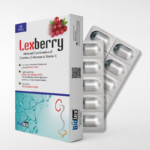 Tablets
Tablets Syrups
Syrups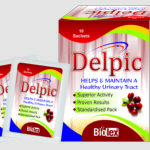 Sachets
Sachets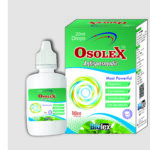 Drops
Drops Baby’s & Mother Milk
Baby’s & Mother Milk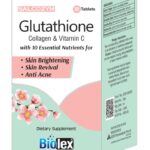 Skin & Hair Supplements
Skin & Hair Supplements